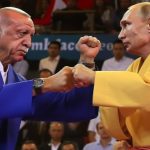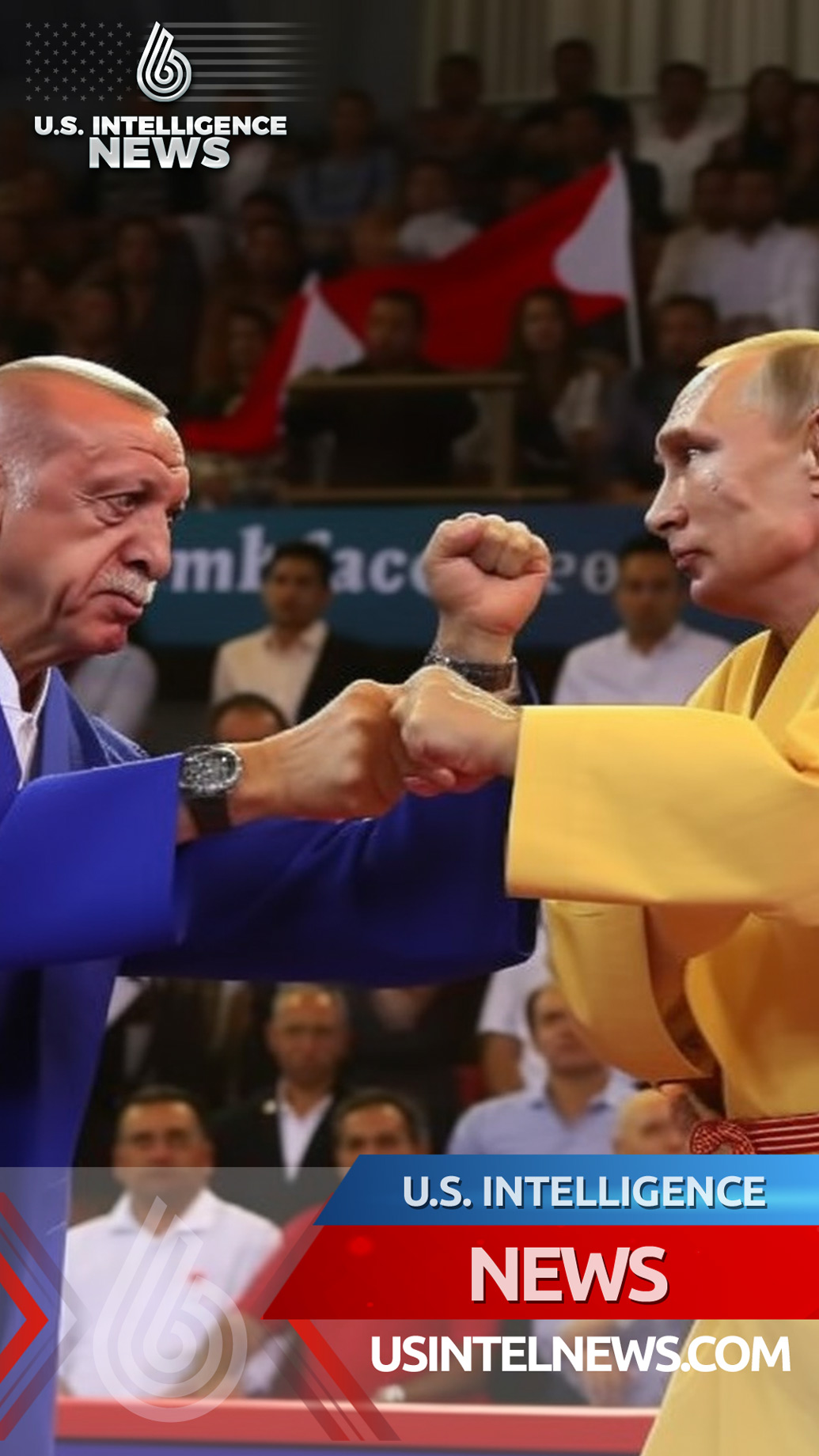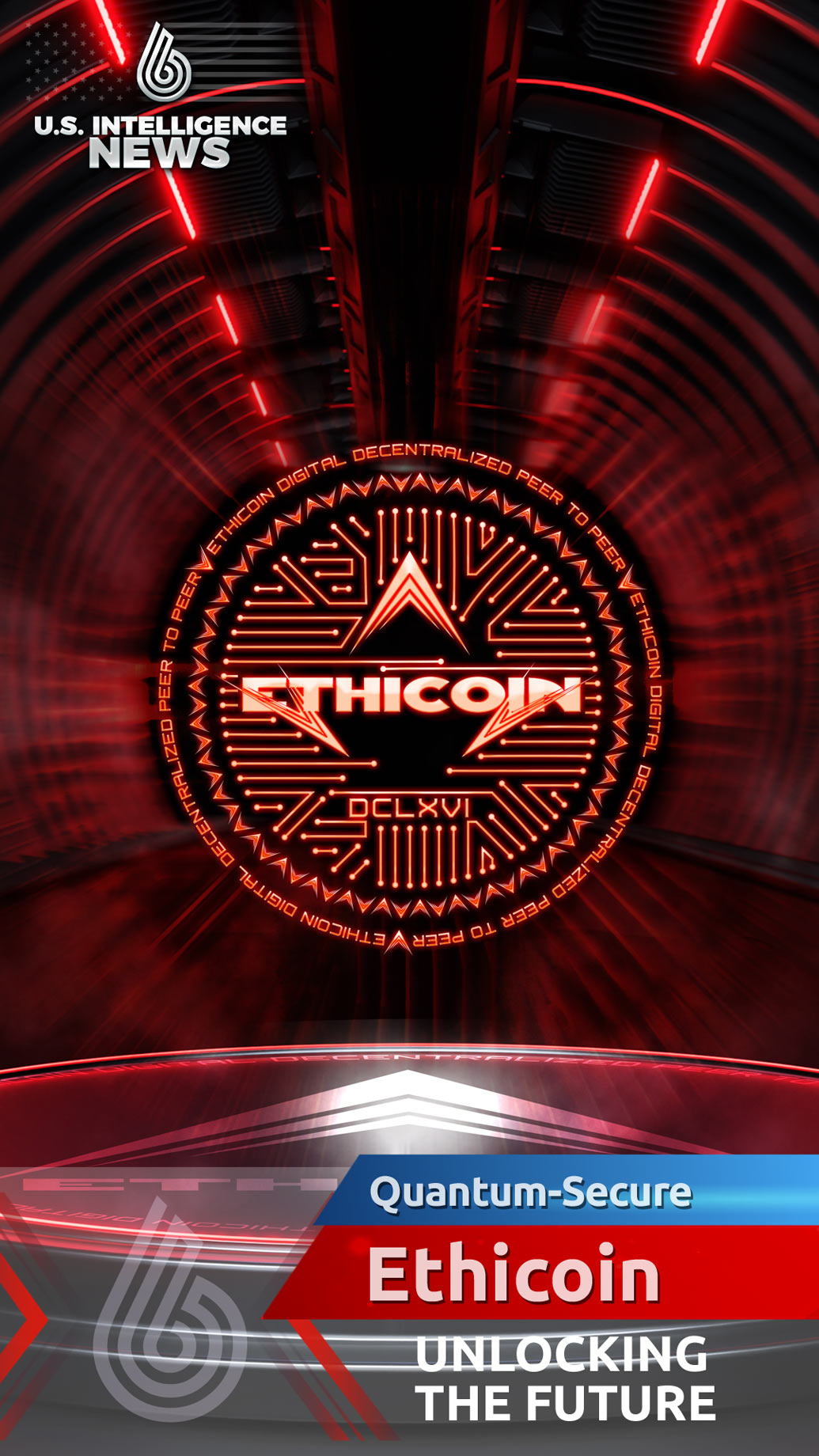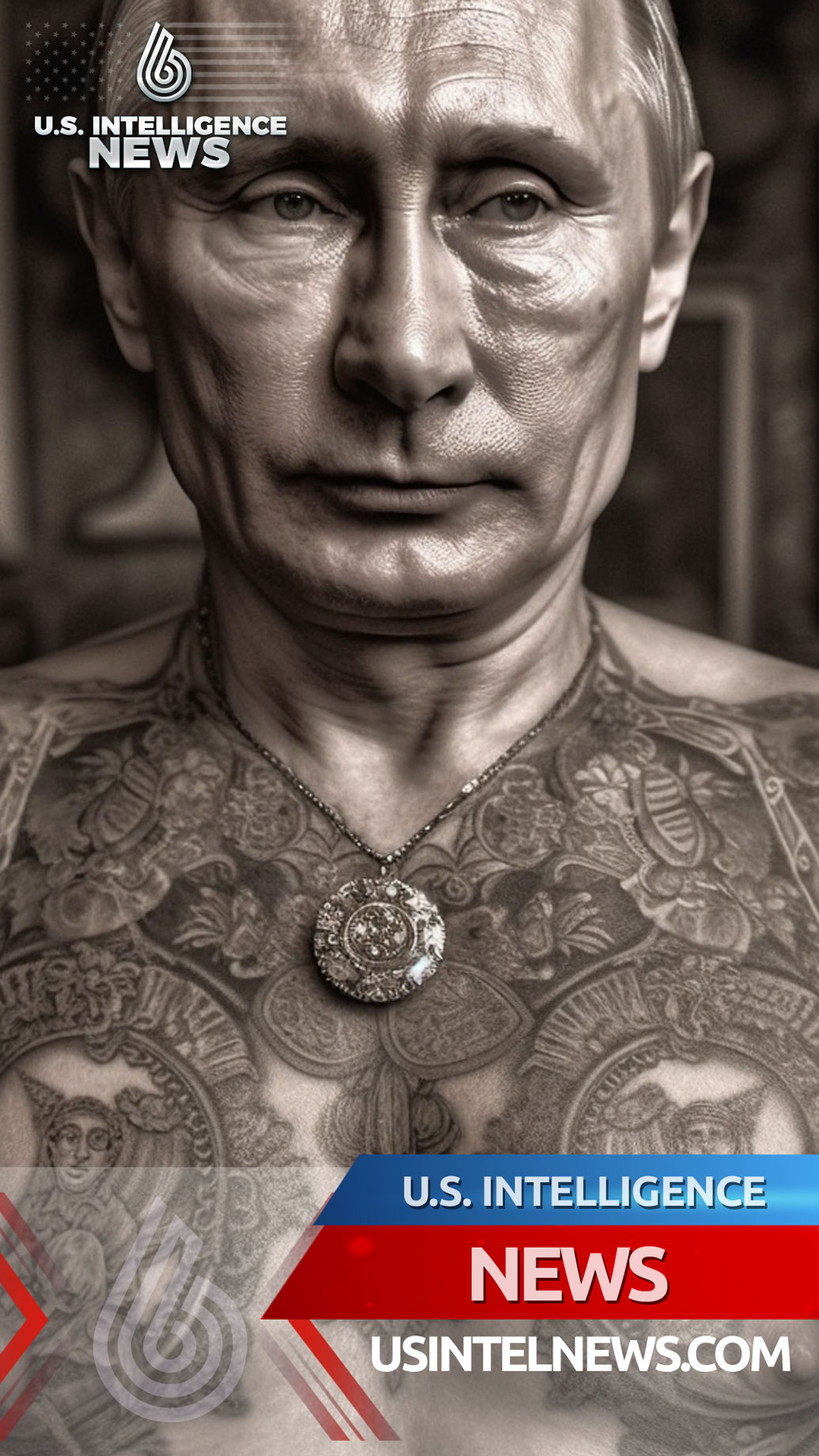
The U.S. Intelligence Community
Bureau of Democracy, Human Rights, and Labor
Public Notice
Bureau of Democracy, Human Rights, and Labor Request for Statements of Interest: FY22 DRL Iraq Programs
Requested Objectives for Statements of Interest
The Bureau of Democracy, Human Rights and Labor (DRL) announces a Request for Statements of Interest (RSOI) outlining project concepts and capacity to manage programs in Iraq that will: strengthen effective governance; increase political participation and civic activism; promote fundamental freedoms, including religious freedom; support atrocity prevention, accountability, and reconciliation; and promote a community of practice in Iraq.
PLEASE NOTE: DRL strongly encourages applicants to immediately access Grants.gov in order to obtain a username and password. All Statement of Interest (SOI) submissions must be made electronically via www.grants.gov. Please note that the Grants.gov registration process can take ten (10) business days or longer, even if all registration steps are completed in a timely manner. For instructions on how to register with Grants.gov for the first time, please refer to the Proposal Submission Instructions for Statements of Interest at: https://www.state.gov/bureau-of-democracy-human-rights-and-labor/programs-and-grants/. Again, applications MUST BE SUBMITTED VIA GRANTS.GOV. The RSOI will be viewable on SAMS Domestic, but there will not be an option to apply on SAMS Domestic. Applications must be submitted via www.grants.gov.
The SOI application is the first step in a two-part process. Applicants must first submit a SOI, which is a concise, 3-page concept note designed to clearly communicate a program idea and its objectives before the development of a full proposal application. The purpose of the SOI process is to allow applicants the opportunity to submit program ideas for DRL to evaluate prior to requiring the development of full proposal applications. Upon review of eligible SOIs, DRL will invite selected applicants to expand their ideas into full proposal applications.
REQUESTED STATEMENT OF INTEREST PROGRAM OBJECTIVES
U.S. human rights and democracy assistance in Iraq is designed to promote representative governance based on democratic principles, respect for human rights and fundamental freedoms including religious freedom, and peaceful coexistence. It will also provide for the protection of and advocacy for the rights of youth, women, and religious and ethnic minorities, and others in vulnerable circumstances, as well as mitigate the impact of conflict on Iraqi communities.
Proposed programming must be responsive to immediate needs in-country; flexible in its ability to respond to the shifting context; and in line with the U.S. Government’s democracy, governance, and human rights goals for Iraq. Programming must contribute to and support Iraqi-led efforts where possible. Helpful resources for applicants include the annual Iraq Human Rights Report, International Religious Freedom Report, and Trafficking in Persons Report (https://www.state.gov/reports-bureau-of-democracy-human-rights-and-labor/).
Primary organizations may submit up to three (3) SOIs in response to this RSOI. There are five categories under which organizations may apply, detailed in full below. These categories are: 1) Effective Governance, Political Participation, and Civic Activism; 2) Fundamental Freedoms; 3) Atrocity Prevention, Accountability, and Reconciliation; 4) Religious Freedom; and 5) Community of Practice Development and Coordination. If your proposal addresses multiple categories, please designate a primary category that best reflects the project’s stated objectives. Also included is a standalone category for programming to support DRL’s community of practice. Please closely review the community of practice section for specific requirements of applications to this opportunity.
Competitive SOIs will include clear, detailed program strategies that illustrate the logic behind each program’s design, program-specific objectives, and the link between the program-specific objectives and one of DRL’s four categories outlined below. Applicants are encouraged to design programs to address a clearly articulated category. SOIs may contribute to more than one category, but it is strongly recommended that applicants keep SOIs as targeted as possible and clearly state the primary DRL category that the program addresses within the body of the SOI. Addressing more than one category will NOT make a SOI more competitive. Each SOI must also include the organization name, proposal title, budget amount, program length, geographic focus, and point of contact. Organizations may submit multiple SOIs within the same category.
Budget requests may range from a floor of $750,000 to a ceiling of $3,000,000. The period of performance may range between 18 and 48 months.
With the above in mind, DRL invites organizations to submit statements of interest for programs in the following areas:
EFFECTIVE GOVERNANCE, POLITICAL PARTICIPATION, AND CIVIC ACTIVISM
Programming should promote inclusive, transparent, and responsive governance in Iraq. DRL recognizes the intersectional nature of democracy, good governance, and respect for fundamental freedoms and human rights. Applicants may consider program topics below or may propose other themes or topics that best respond to the Iraqi context. These include:
- Promote citizen participation in political and civil institutions and processes
- Promote principles of gender equity and equality per the Iraq’s National Action Plan and in line with the U.S. Women, Peace and Security Act;
- Support responsive and accountable civil and political institutions and leadership;
- Advance transparent, truthful, and principled governance and democratic processes;
- Support anticorruption measures and accountability for corrupt practices;
- Promote representative government at the national, governorate, and local levels;
- Foster participation by people in vulnerable circumstances, such as women, children and youth, persons with disabilities, and religious and ethnic minorities in political and civic processes;
- Expand, and improve the efficacy of, citizen and civil society participation in government and political reforms, including participation that directly supports legislative reforms that affect fundamental freedoms and human rights.
FUNDAMENTAL FREEDOMS
Programming should protect and advance fundamental freedoms, including freedom of the press, expression, association, and peaceful assembly. Applicants may consider program topics below or may propose other themes and topics that best respond to the Iraqi context. These include:
- Advance protection of fundamental rights for vulnerable groups, including children, prisoners, religious and ethnic minorities, women, and persons with disabilities;
- Enable robust, sustainable, and ethical free and independent media;
- Promote an open and safe internet for all Iraqis;
- Promote inclusive responses to climate change and protection of Iraq’s natural resources and environment;
- Codify and enshrine protections of fundamental freedoms, including freedoms of the press, expression, association, and peaceful assembly;
- Support protection of worker rights and advancement of decent work principles;
- Sustain Iraqi civil society’s ability to engage safely and effectively on democracy and human rights.
ATROCITY PREVENTION, ACCOUNTABILITY, AND RECONCILIATION Programming should support inclusive efforts to protect human rights, reduce and prevent violence, promote accountability for human rights violations, and rebuild trust within and between communities and between citizens and the state.
Applicants may consider program topics below or may propose other themes and topics that best respond to the Iraqi context. These include:
- Support and empower survivors of sexual and gender-based violence (SGBV) online and offline;
- Promote security sector reform that enables inclusive human rights and community participation;
- Support accountability for atrocities and human rights abuses committed in Iraq;
- Promote rehabilitation and reintegration of individuals and communities affected by conflict, including but not limited to those affected by the ISIS genocide; those affected by natural resources depletion or access to natural resources; and other factors associated with climate change and climate-related displacement.
- Establish or support mechanisms that prevent conflict and violence and promote social cohesion and reconciliation.
COMMUNITY OF PRACTICE DEVELOPMENT AND COORDINATION
DRL seeks an organization to facilitate a community of practice of local and international organizations implementing democracy and human rights programs in Iraq, to include developing resources and convening periodic coordination meetings.
The successful applicant will coordinate with and build on existing DRL efforts to foster better coordination and complementarity among programs. The successful applicant will also coordinate various convenings of the community of practice, including an annual gathering of 20-40 DRL stakeholder organizations and partners. Activities should focus on the management of logistics for stakeholder specific meetings, as well as broader development of the community of practice. The successful applicant will be responsible for the logistics and coordination of the following meetings on a yearly basis, which must include robust local partner participation:
- One in-person stakeholder meeting for both international and local partners in a third country with USG participation (approximately forty participants).
- Two to four in-person partner meetings in Baghdad and Erbil (approximately 20 participants each).
- Several small-group, thematic-focused conference calls or in-person meetings.
DRL welcomes additional ideas for activities within the community of practice mechanism to continually improve and adapt coordination between the stakeholder organizations.
With the exception of the third-country stakeholder meeting, costs associated with other coordination activities should be minimal, utilizing existing office space and locations. Iraq-based partner meetings should involve only Iraq-based staff.
This programming stream must stand alone (i.e., it may not be one component of a larger program proposal). The target period of performance must be at least 24 months and the award ceiling is $1,000,000. Please note this is a different duration floor and award ceiling than the one listed elsewhere in this solicitation). If awarded, this project will be issued as a cooperative agreement.
OTHER PROGRAM INFORMATION:
All programs should aim to have impact that leads to reforms and should have the potential for sustainability beyond DRL resources. DRL’s preference is to avoid duplicating past efforts by supporting new and creative approaches. This does not exclude from consideration projects that improve upon or expand existing successful projects in a new and complementary way. Programs should seek to include groups that can bring perspectives based on their religion, gender, disability, race, ethnicity, and/or sexual orientation and gender identity. Programs should be demand-driven and locally led to the extent possible. DRL requires all programs to be non-discriminatory and expects implementers to include strategies for integration of individuals/organizations regardless of religion, gender, disability, race, ethnicity, and/or sexual orientation and gender identity.
Applicants should conduct program activities throughout Iraq, including within the Iraqi Kurdistan Region (IKR). Where security conditions allow, activities should take place within the beneficiaries’ communities. Travel outside of Iraq for civil society representatives in furtherance of a program’s objectives will be considered on a case-by-case basis. Additionally, programs proposing activities inside IDP/refugee camps or targeting Syrian refugees in Iraq will not be deemed competitive. Training or workshops may be used as a tool to a larger goal but should not be the main focus of a program. Projects for which assessments have already been completed that support targeted activities or interventions will be viewed favorably. Projects that have a strong academic, research, or conference focus will not be deemed competitive.
To maximize the impact and sustainability of the award(s) that result(s) from this RSOI/NOFO, DRL reserves the right to execute a non-competitive continuation amendment(s). Any non-competitive continuation is contingent on performance and availability of funds. A non-competitive continuation is not guaranteed; the Department of State reserves the right to exercise or not exercise the option to issue non-competitive continuation amendment(s).
Activities that are not typically considered competitive include, but are not limited, to:
- The provision of humanitarian assistance;
- English language instruction;
- Development of high-tech computer or communications software and/or hardware;
- Purely academic exchanges or fellowships;
- External exchanges or fellowships lasting longer than six months;
- Off-shore activities that are not clearly linked to in-country initiatives and impact or are not necessary due to security concerns;
- Theoretical explorations of human rights or democracy issues, including projects aimed primarily at research and evaluation that do not incorporate training or capacity-building for local civil society;
- Micro-loans or similar small business development initiatives;
- Initiatives directed towards a diaspora community rather than current residents of targeted countries.
Budget requests may range from a floor of $750,000 to a ceiling of $3,000,000. The period of performance may range between 18 and 48 months. Please note the exception listed to these amounts in the Community of Practice section above. Upon review of the SOI, DRL may request that the period of performance be extended to ensure safe and effective implementation of proposed program activities. Applicants must develop unique objectives that speak to the categories outlined in this request.
A proven ability to implement programs in Iraq must be demonstrated. All proposed program objectives must impact Iraqis inside the country. Working with local partners should be a central aspect of any proposed program. Proposed programs should also thoughtfully and specifically address the participation and integration of women, persons with disabilities, ethnic and religious minority communities, and other marginalized populations in all program elements, where relevant and possible. SOIs that utilize technology in safe and creative ways where possible to shape innovative program strategies will be viewed favorably.
DRL is conscious of the ever-changing security situation in Iraq. SOIs must realistically address the challenges and limitations the applicant would likely face implementing this program, both within the current context in Iraq and in anticipation of a further evolving landscape.
ISIS-Related Restrictions: ISIS is a designated Foreign Terrorist Organization (FTO) and as a Specially Designated Global Terrorist (SDGT). Additionally, other FTOs and/or SDGTs may have a presence in Iraq. U.S. law generally prohibits U.S. persons from engaging in transactions with or for the benefit of SDGTs, and the knowing provision of “material support or resources” to FTOs. DRL, in consultation with its implementing partner, will review proposed activities for purposes of ensuring compliance with U.S. law. DRL may require changes to implementer proposed activities and/or implementation of additional controls and risk mitigation measures.
Applicants invited to submit full proposals upon completion of the SOI process will also be requested to submit:
- A security plan in order to demonstrate situational awareness and preparedness.
- Contingency plans for proposed activities.
- Lessons learned from past programs in Iraq that demonstrate how the implementer has safely operated and responded to challenges, learning from both successes and failures, in the operating environment.
- A section in the proposal and budget to reflect appropriate resources and support for the psychosocial health of staff (i.e., activities can range from access to educational materials and training opportunities to counseling services to other contextually-relevant support).
- A gender analysis that clearly articulates how the program’s design will address the different considerations for men, women, boys, girls, and the marginalized groups within these populations throughout implementation.
Eligibility Information
Organizations submitting SOIs must meet the following criteria:
- Be a S.- or foreign-based non-profit/non-governmental organization (NGO), or a public international organization; or
- Be a private, public, or state institution of higher education; or
- Be a for-profit organization or business (noting there are restrictions on payment of fees and/or profits under grants and cooperative agreements, including those outlined in 48 CFR 30, “Cost Accounting Standards Administration”, and 48 CFR 31, “Contract Cost Principles and Procedures”);
- Have existing, or the capacity to develop, active partnerships with thematic or in-country partners, entities, and relevant stakeholders including private sector partner and NGOs; and,
- Have demonstrable experience administering successful and preferably similar programs. DRL reserves the right to request additional background information on organizations that do not have previous experience administering federal awards. These applicants may be subject to limited funding on a pilot basis.
Applicants may form consortia and submit a combined SOI. However, one organization should be designated as the lead applicant with the other members as sub-award partners.
DRL’s preference is to work with non-profit entities; however, there may be some occasions when a for-profit entity is best suited. Applications submitted by for-profit entities may be subject to additional review following the panel selection process. Additionally, the Department of State prohibits profit to for-profit or commercial organizations under its assistance awards. Profit is defined as any amount in excess of allowable direct and indirect costs. The allowability of costs incurred by commercial organizations is determined in accordance with the provisions of the Federal Acquisition Regulation (FAR) at 48 CFR 30, Cost Accounting Standards Administration, and 48 CFR 31 Contract Cost Principles and Procedures. Please see 2 CFR 200.307 for regulations regarding program income.
DRL is committed to an anti-discrimination policy in all of its programs and activities. DRL welcomes SOI submissions irrespective of race, ethnicity, color, creed, national origin, gender, sexual orientation, gender identity, disability, or other status.
Any applicant listed on the Excluded Parties List System in the System for Award Management (SAM.gov) (www.sam.gov) and/or has a current debt to the U.S. government is not eligible to apply for an assistance award in accordance with the OMB guidelines at 2 CFR 180 that implement Executive Orders 12549 (3 CFR,1986 Comp., p. 189) and 12689 (3 CFR,1989 Comp., p. 235), “Debarment and Suspension.” Additionally, no entity or person listed on the Excluded Parties List System in SAM.gov can participate in any activities under an award. All applicants are strongly encouraged to review the Excluded Parties List System in SAM.gov to ensure that no ineligible entity or person is included in their application.
Organizations are not required to have a valid Unique Entity Identifier (UEI) number—formerly referred to as a DUNS (Data Universal Numbering System) number—and an active SAM.gov registration to apply for this solicitation through grants.gov. However, if a SOI is approved, these will need to be obtained before an organization is able to submit a full application. Therefore, we recommend starting the process of obtaining a UEI and SAM.gov registration as soon as possible. Please note that there is no cost associated with UEI or SAM.gov registration.
Application Requirements, Deadlines, and Technical Eligibility
All SOIs must conform to DRL’s posted Proposal Submission Instructions (PSI) for Statements of Interest, as updated in November 2021, available at https://www.state.gov/bureau-of-democracy-human-rights-and-labor/programs-and-grants/.
Complete SOI submissions must include the following:
- Completed and signed SF-424 and SF424B, as directed on Grants.gov (please refer to DRL’s PSI for SOIs for guidance on completing the SF-424); and,
- Program Statement (not to exceed three (3) pages in Microsoft Word) that includes:
- A table listing:
- Name of the organization;
- The target country/countries;
- The total amount of funding requested from DRL, total amount of cost-share (if any), and total program amount (DRL funds + cost-share); and,
- Program length;
- A synopsis of the program, including a brief statement on how the program will have a demonstrated impact and engage relevant stakeholders. The SOI should identify local partners as appropriate;
- A concise breakdown explicitly identifying the program’s objectives and the activities and expected results that contribute to each objective; and,
- A brief description of the applicant(s) that demonstrates the applicant(s) expertise and capacity to implement the program and manage a U.S. government award.
Primary organizations may submit up to three (3) SOIs in response to this RSOI. There are three categories under which organizations may apply, detailed in full in Section I of this document. As a reminder, these categories are: 1) Effective Governance, Political Participation, and Civic Activism; 2) Fundamental Freedoms; and 3) Atrocity Prevention, Accountability, and Reconciliation. Applicants must clearly indicate which category each application(s) is submitted for. Each SOI must also include the organization name, proposal title, budget amount, program length, geographic focus, and point of contact. Organizations may submit multiple SOIs within the same category. If your proposal addresses multiple categories, please designate a primary category that best reflects the project’s stated objectives.
Budget requests may range from a floor of $750,000 to a ceiling of $3,000,000. The period of performance may range between 18 and 48 months. SOIs that request budgets and periods of performance outside of these ranges may be deemed technically ineligible.
Technically eligible SOIs are those which:
- Arrive electronically via Grants.gov by 11:59 PM EST on Wednesday, January 18, 2022 under the announcement titled “DRL Request for Statements of Interest: FY22 DRL Iraq Programs,” funding opportunity number SFOP0009266;
- Are in English;
- Heed all instructions and do not violate any of the guidelines stated in this solicitation and the PSI for Statements of Interest.
For all SOI documents please ensure:
- All pages are numbered;
- All documents are formatted to 8 ½ x 11 paper; and,
- All documents are single-spaced, 12-point Times New Roman font, with 1-inch margins. Captions and footnotes may be 10-point Times New Roman font. Font sizes in charts and tables can be reformatted to fit within one page width.
Grants.gov will automatically log the date and time an application submission is made, and the Department of State will use this information to determine whether an application has been submitted on time. Late applications are neither reviewed nor considered. Known system errors caused by Grants.gov that are outside of the applicant’s control will be reviewed on a case by case basis. Applicants should not expect a notification upon DRL receiving their application. DRL will not accept SOIs submitted via email, fax, the postal system, delivery companies, or couriers. DRL strongly encourages all applicants to submit SOIs as early as possible to ensure that the SOI has been received and is complete, and that no technical issues impede timely application submissions.
Review and Selection Process
DRL strives to ensure that each application receives a balanced evaluation by a DRL review panel. The Department’s Office of Acquisitions Management (AQM) will determine technical eligibility for all SOI submissions. All technically eligible SOIs will then be reviewed against the same four criteria by a DRL Review Panel: quality of program idea, addressing barriers to equal participation, program planning, and ability to achieve objectives/institutional capacity.
Additionally, the Panel will evaluate how the SOI meets the solicitation request, U.S. foreign policy goals, and DRL’s overall priority needs. Panelists review each SOI individually against the evaluation criteria, not against competing SOIs. To ensure all SOIs receive a balanced evaluation, the DRL Review Panel will review the first page of the SOI up to the page limit and no further. All Panelists must sign non-disclosure agreements and conflict of interest agreements.
In most cases, the DRL Review Panel includes representatives from DRL policy and program offices. Once a SOI is approved, selected applicants will be invited to submit full proposal applications based on their SOIs. Unless directed otherwise by the organization, DRL may also refer SOIs for possible consideration in other U.S. government related funding opportunities.
The Panel may provide conditions and/or recommendations on SOIs to enhance the proposed program, which must be addressed by the organization in the full proposal application. To ensure effective use of limited DRL funds, conditions and recommendations may include requests to increase, decrease, clarify, and/or justify costs and program activities.
DRL’s Front Office reserves the right to make a final determination regarding all funding matters, pending funding availability.
Review Criteria
Quality of Program Idea
SOIs should be responsive to the program framework and policy objectives identified in the RSOI, appropriate in the country/regional context, and should exhibit originality, substance, precision, and relevance to DRL’s mission of promoting human rights and democracy. Projects should have the potential to have an immediate impact leading to long-term, sustainable reforms. DRL prefers new approaches that do not duplicate efforts by other entities. This does not exclude from consideration projects that improve upon or expand existing successful projects in a new and complementary way. In countries where similar activities are already taking place, an explanation should be provided as to how new activities will not duplicate or merely add to existing activities and how these efforts will be coordinated. SOIs that promote creative approaches to recognized ongoing challenges are highly encouraged. DRL prioritizes project proposals with inclusive approaches for advancing these rights.
Addressing Barriers to Equal Participation
DRL strives to ensure its projects advance the rights and uphold the dignity of all persons. As the U.S. government’s lead bureau dedicated to promoting democratic governance, DRL requests a programming approach dedicated to strengthening inclusive societies as a necessary pillar of strong democracies. Violence targeting any members of society undermines collective security and threatens democracy. DRL prioritizes inclusive and integrated program models that assess and address the barriers to access for individuals and groups based on their religion, gender, disabilities, ethnicity, or sexual orientation and gender identity. Applicants should describe how programming will impact all of its beneficiaries, including support that specifically targets communities facing discrimination, and which may be under threat of violence.
Program Planning
A strong SOI will include a clear articulation of how the proposed program activities and expected results (both outputs and outcomes) contribute to specific program objectives and the overall program goal. Objectives should be ambitious, yet measurable, results-focused, and achievable in a reasonable time frame.
Ability to Achieve Objectives/Institutional Capacity
SOIs should address how the program will engage relevant stakeholders and should identify local partners as appropriate. If local partners are identified, applicants should describe the division of labor among the applicant and any local partners. SOIs should demonstrate the organization’s expertise and previous experience in administering programs, preferably similar programs targeting the requested program area or similarly challenging environments.
For additional guidance, please see DRL’s posted Proposal Submission Instructions (PSI) for Statements of Interest, as updated in November 2021, available at https://www.state.gov/proposal-submission-instructions/.
Additional Information
DRL will not consider applications that reflect any type of support for any member, affiliate, or representative of a designated terrorist organization. Please refer the link for Foreign Terrorist Organizations: https://www.state.gov/foreign-terrorist-organizations/. Project activities whose direct beneficiaries are foreign militaries or paramilitary groups or individuals will not be considered for DRL funding given purpose limitations on funding.
In accordance with Department of State policy for terrorism, applicants are advised that successful passing of vetting to evaluate the risk that funds may benefit terrorists or their supporters is a condition of award. If chosen for an award, applicants will be asked to submit information required by DS Form 4184, Risk Analysis Information (attached to this solicitation) about their company and its principal personnel. Vetting information is also required for all sub-award performance on assistance awards identified by the Department of State as presenting a risk of terrorist financing. Vetting information may also be requested for project beneficiaries and participants. Failure to submit information when requested, or failure to pass vetting, may be grounds for rejecting your proposal prior to award.
The Leahy Law prohibits Department foreign assistance funds from supporting foreign security force units if the Secretary of State has credible information that the unit has committed a gross violation of human rights. Per 22 USC §2378d(a) (2017), “No assistance shall be furnished under this chapter or the Arms Export Control Act to any unit of the security forces of a foreign country if the Secretary of State has credible information that such unit has committed a gross violation of human rights.” Restrictions may apply to any proposed assistance to police or other law enforcement. Among these, pursuant to section 620M of the Foreign Assistance Act of 1961, as amended (FAA), no assistance provided through this funding opportunity may be furnished to any unit of the security forces of a foreign country when there is credible information that such unit has committed a gross violation of human rights. In accordance with the requirements of section 620M of the FAA, also known as the Leahy law, project beneficiaries or participants from a foreign government’s security forces may need to be vetted by the Department before the provision of any assistance. If a proposed grant or cooperative agreement will provide assistance to foreign security forces or personnel, compliance with the Leahy Law is required.
Organizations should be aware that DRL understands that some information contained in SOIs may be considered sensitive or proprietary and will make appropriate efforts to protect such information. However, organizations are advised that DRL cannot guarantee that such information will not be disclosed, including pursuant to the Freedom of Information Act (FOIA) or other similar statutes.
Organizations should also be aware that if ultimately selected for an award, DRL requires all recipients of foreign assistance funding to comply with all applicable Department and Federal laws and regulations, including but not limited to the following: The Uniform Administrative Requirements, Cost Principles and Audit Requirements for Federal Awards set forth in 2 CFR Chapter 200 (Sub-Chapters A through F) shall apply to all non-Federal entities, except for assistance awards to Individuals and Foreign Public Entities. Sub-Chapters A through E shall apply to all foreign organizations, and Sub-Chapters A through D shall apply to all U.S. and foreign for-profit entities. The applicant/recipient of the award and any sub-recipient under the award must comply with all applicable terms and conditions, in addition to the assurance and certifications made part of the Notice of Award. The Department’s Standard Terms and Conditions can be viewed at https://www.state.gov/about-us-office-of-the-procurement-executive/.
The information in this solicitation and DRL’s PSI for SOIs, as updated in November 2021, is binding and may not be modified by any DRL representative. Explanatory information provided by DRL that contradicts this language will not be binding. Issuance of the solicitation and negotiation of SOIs or applications does not constitute an award commitment on the part of the U.S. government. DRL reserves the right to reduce, revise, or increase proposal budgets in accordance with the needs of the program evaluation requirements.
This solicitation will appear on www.grants.gov, SAMS Domestic (https://mygrants.servicenowservices.com), and DRL’s website https://www.state.gov/statements-of-interest-requests-for-proposals-and-notices-of-funding-opportunity/. However, applicants may only submit applications via www.grants.gov.
Background Information on DRL and DRL Funding
DRL has the mission of promoting democracy and protecting human rights globally. DRL supports programs that uphold democratic principles, support and strengthen democratic institutions, promote human rights, prevent atrocities, combat and prevent violent extremism, and build civil society around the world. DRL typically focuses its work in countries with egregious human rights violations, where democracy and human rights advocates are under pressure, and where governments are undemocratic or in transition.
Additional background information on DRL and the human rights report can be found on https://www.state.gov/bureaus-offices/under-secretary-for-civilian-security-democracy-and-human-rights/bureau-of-democracy-human-rights-and-labor/.
Contact Information
Grants.gov Helpdesk:
For assistance with Grants.gov accounts and technical issues related to using the system, please call the Contact Center at +1 (800) 518-4726 or email support@grants.gov. The Contact Center is available 24 hours a day, seven days a week, except federal holidays.
See https://www.opm.gov/policy-data-oversight/pay-leave/federal-holidays/ for a list of federal holidays.
For technical questions related to this solicitation, please contact DRL-GP-Iraq@state.gov.
Except for technical submission questions, during the RSOI period U.S. Department of State staff in Washington and overseas shall not discuss this competition with applicants until the entire proposal review process has been completed and rejection and approval letters have been transmitted.
For reference to international guidance, please see the following: Core Humanitarian Standard Commitment 8.9 (http://redirect.state.sbu/?url=http://www.corehumanitarianstandard.org/files/files/CHS-Guidance-Notes-and-Indicators.pdf); and IASC Guidelines on Mental Health and Psychosocial Support in Emergency Settings Action Sheet 4.4 (http://redirect.state.sbu/?url=http://www.who.int/mental_health/emergencies/guidelines_iasc_mental_health_psychosocial_june_2007.pdf.


 Kremlin’s High-Stakes Gambit: Secret Deals, a Presidential Double, and the Fight to Salvage Power in Syria
Kremlin’s High-Stakes Gambit: Secret Deals, a Presidential Double, and the Fight to Salvage Power in Syria  Putin’s Economic Gambit: Russia Aims for Global Oil Dominance Amid Sanctions Pressure
Putin’s Economic Gambit: Russia Aims for Global Oil Dominance Amid Sanctions Pressure  As Bitcoin Faces a Market Meltdown, Ethicoin Rises as the Ethical Alternative for a Sustainable Crypto Future!
As Bitcoin Faces a Market Meltdown, Ethicoin Rises as the Ethical Alternative for a Sustainable Crypto Future!  Are North Korean Soldiers a Burden or Asset in Russia’s Offensive?
Are North Korean Soldiers a Burden or Asset in Russia’s Offensive? 


